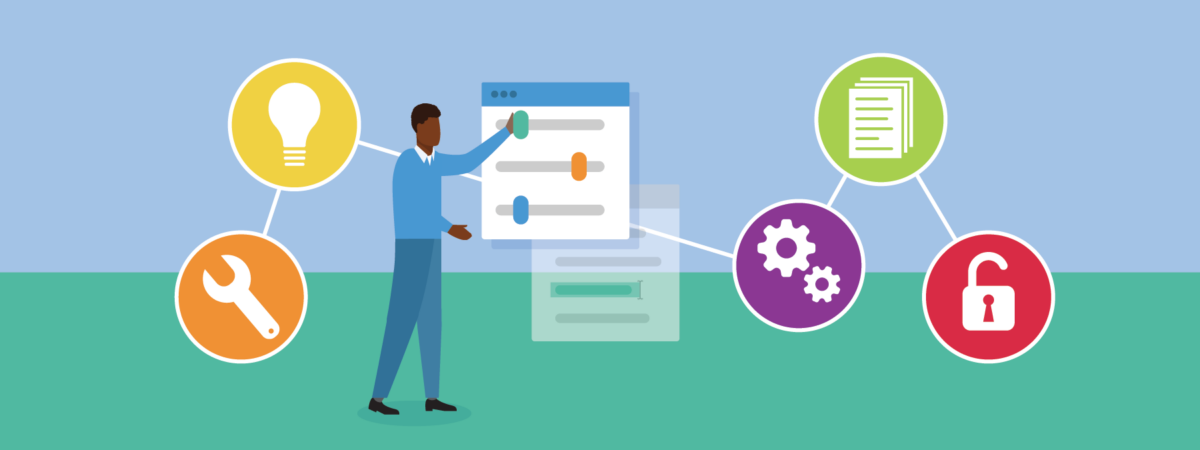
The current shift to a skills-based and digital economy promises greater equity and inclusion for historically and systematically excluded (HSE) learners and workers as they traverse the education and workforce ecosystem. But, are HSE learners and workers convinced?
Learning and employment records (LERs) have emerged as a promising solution to support learners and workers in sharing their skills and competencies with postsecondary institutions and employers for recognition. Digital Promise has engaged in multiple research efforts in the last year to ensure the design, development, use of LERs centers equity, access, and inclusion for HSE communities. These efforts have produced a set of inclusive design principles and user profiles, as well as principles focused on centering learners experiencing transitions (forthcoming).
Although the adoption of LERs may streamline disconnected education and workforce systems, do they support individuals with varying levels of digital skills seamlessly document their skills and competencies?
The promise of LERs in forging a more equitable education and workforce ecosystem will fall short if product developers do not keep in mind learner needs and abilities in onboarding to the platform.
Onboarding plays a significant role in user experience with technologies. A clunky onboarding experience could mean potential users walk away from the tool before ever fully engaging with it. And onboarding is necessary from a product perspective because it is often a vehicle for data collection which provides further insights into user needs for product developers. More specifically, the process supports users with initial instructions on how to access and use a platform from the onset and ideally does so in a way that fosters adoption and continued engagement with the technology. Digital literacy skills are essential to leveraging any new technology, in particular, LERs. However, adult workers who are Black, Hispanic, or immigrants are more likely to need support developing digital skills due to exclusionary technology design and development processes. Consequently, this disproportionately impacts their ability to onboard and adopt LERs, thereby intensifying existing inequities in the education and workforce ecosystem. One way to mitigate inequities in onboarding might be to co-design onboarding guidelines that are inclusive and accessible for HSE learners and workers.
Organizations like the Brookings Institute have shared guidance for fostering equitable learning and employment pathways in the evolving and growing digital credentialing ecosystem. Their latest report recommends LER product developers utilize user-centered design methods by learning what users need and how the technology can be of value to them, to ensure the technology is accessible to individuals with varied levels of digital literacy skills. However, specific design principles have not been co-designed with users of LERs to create equitable and inclusive onboarding and education about LERs. The question remains:
How might we design equitable and inclusive Learning and Employment Records (LERs) for onboarding and education for historically and systematically excluded (HSE) learners and workers?
Digital Promise is exploring this question in a new project with HSE learners and workers in order to develop an onboarding and education resource guide for LER pilots. Through co-design, the research team will better understand and document the needs and perspectives of HSE learners and workers to design an effective and inclusive LER onboarding and education experience. For more information, or to get involved, please contact lei@digtialpromise.org.